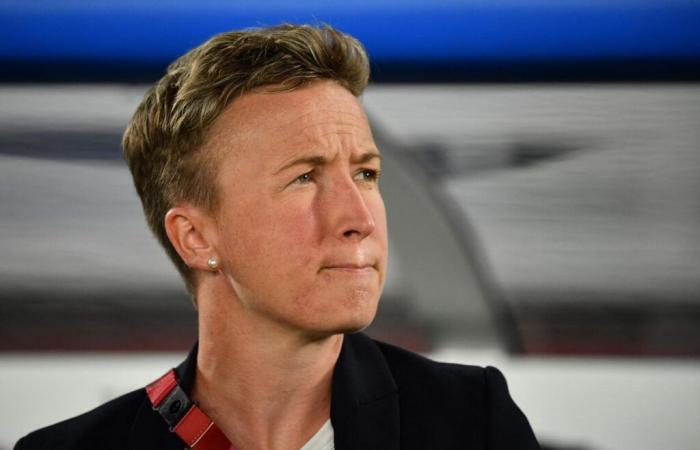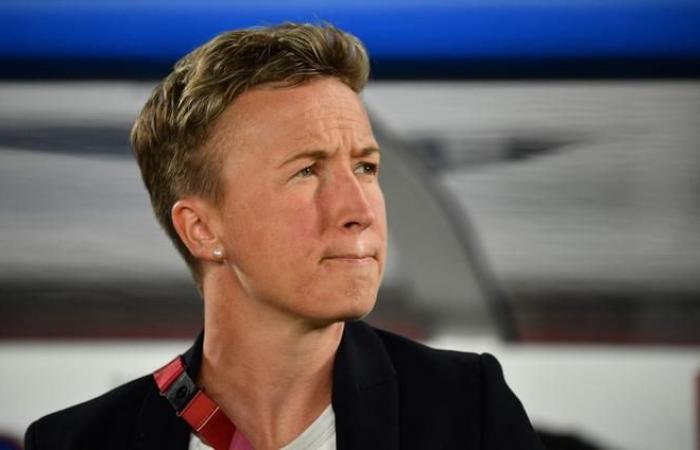It has all the ingredients of a good television series. The starting point: a women’s national football team, very popular in its country, Canada, in search of a second successive Olympic coronation this summer in Paris. Then, the disruptive element: the police, who arrested, on July 22 in a wood near a stadium in Saint-Etienne (Loire), one of the analysts for the Canucks – the nickname of the Canadian team –, then that he recovered a drone with which the training of their next opponents, the New Zealanders, had been filmed.
Despite the sanction of FIFA, the international body governing football, which deducted them 6 points, the Canadians managed to get out of their group, before failing on penalties, against Germany in quarter-finals of the Paris 2024 Olympic Games tournament. End of the story? No way.
Read also | Article reserved for our subscribers 2024 Olympics: in women’s football, Canada takes its revenge against the Blues after being sanctioned in a drone espionage case
Read later
Under pressure from the Canadian government, the country’s football federation, Canada Soccer, is ordering an independent investigation from the law firm Mathews Dinsdale & Clark LLP. Conclusion of the latter: not only two coaches of the women’s national team have “directed, approved and endorsed” recording the preparation “from an opposing team” during the Olympics, but they also led “inappropriate observation actions” before the summer meeting, according to information made public by the Canadian federation on November 12.
Immediate effect, the coach of the Canucks, the British Bev Priestman, who had led the group to Olympic gold in Tokyo in 2021 and was under suspension after this affair, is dismissed, like her assistant, Jasmine Mander. The federation also announced a series of organizational changes, including a contractual obligation to report any ethics violations.
“An unacceptable past culture”
Will this be enough to turn the page? Not sure. Because, if the president and CEO of Canada Soccer, Kevin Blue, in office since mid-March, assures that this drone incident is “a symptom of an unacceptable past culture and a lack of supervision within national teams”, the true extent of these espionage activities remains difficult to measure. Especially since transparency is not completely required: the independent investigation, which would be 400 pages according to CBC Newswas not fully released. The public had to be content with a six-page summary.
You have 57.32% of this article left to read. The rest is reserved for subscribers.







